

GENERAL
National Peace Council sensitises Akan constituents on preventing violent extremism
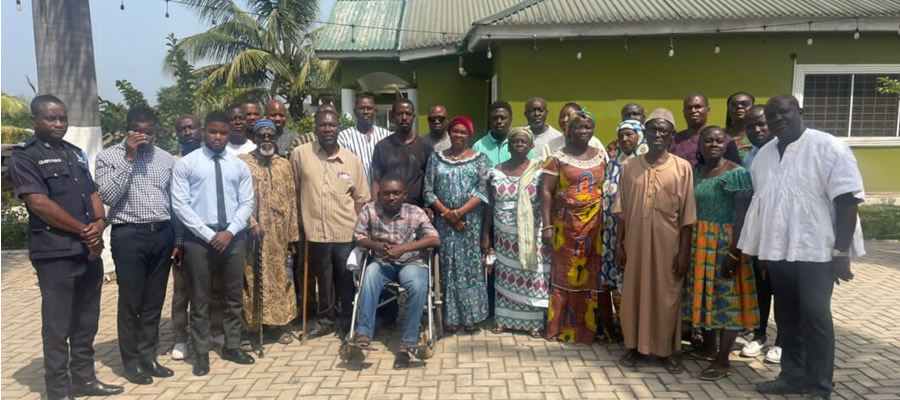
Date Created : 12/5/2024 12:00:00 AM : Story Author : Daniel Agbesi Latsu/Ghanadistricts.com
The project, which would be implemented in twenty hotspots constituencies across nine regions of Ghana, aimed to create awareness among community members against violent extremism ahead of the 2024 general elections.
Engaging with the Ghana News Agency (GNA) during one such engagement at Kadjebi in the Oti Region, Mr. Paul Akornor, Oti Regional Secretary, NPC, said Ghana has enjoyed uninterrupted governance since the country returned to constitutional rule in 1992.
He said Ghana has had seven successive presidential and parliamentary elections resulting in three peaceful turnovers from one political party to another (2001, 2009, and 2017), and other intervening elections such as by-elections, re-runs, district level, and internal political party contests.
“However, none of these elections have been conducted without some form of violence, and the violent incidents keep intensifying with increasing competitive elections. Coupled with this, is the surge and use of political vigilante groups in electoral and political activities, a phenomenon that threatens Ghana's democracy, peace, and stability”, he said.
The Regional Secretary said besides, activities of violent extremist organizations (VEOs) have led to a deterioration of the security situation and increased forced displacement in the West African region, especially since 2012 and that he violent extremists’ activities and associated displacement of millions of people, which started in Mali, have now expanded to Burkina Faso, Niger, leading to what is now termed the ‘Sahel Situation’.
“According to reports by Aljazeera (February 27, 2020), from February 2019 to February 2020 alone, more than 700,000 people were forced to flee their homes in Burkina Faso”, he added.
Mr. Akornor said Ghana’s relative economic and political stability attracts volumes of voluntary and forced migrants from other West African countries and that the increasing number of immigrants posed security threats to Ghana.
He said about 45 land borders, in Ghana, are characterised by high levels of porosity, making the borders and residents vulnerable to threats such as the trafficking of persons, drugs, small arms, and light weapons as well as recent instances of terrorism and that Ghana is also experiencing increased cases of corruption which is linked to insecurity and crime.
Mr. Akornor said in cognizance of the evolution of the threat of violent extremism in the West African sub-region, and its likely impact on Ghana, the National Framework for Preventing/Countering Violent Extremism and Terrorism (NAFPCVET) has set out Education and Awareness Creation; and Prevention, as part of the guiding principles in the fight against violent extremism from national down to the community level in Ghana.
He thus urged the participants to convey the message to their compatriots as violent extremism is real and could occur in Ghana at anytime and anywhere.
Mr. Innocent Komla Agbolosu, Oti Regional Director of the Department of Social Welfare, said the threat of terrorists attacking our communities is real as they could strike anytime and anywhere, so there was the need for citizens to be security conscious.
He said Counterterrorism is the defensive measures used to reduce the vulnerability of individuals, information, and facilities to terrorist acts.
Mr. Agbolosu, who spoke on: “Violent Extremism and Terrorism, Radicalization, Drivers of Violent Extremism,” named perceived marginalisation, poverty, poor governance, corruption, religious fundamentalism, new technology, among others as some of the triggers of violent extremism.
He called on everyone to be security-minded, be it workplace, market area or worship centre.
Mr. Agbolosu, mentioned that becoming increasingly argumentative, refusing to listen to divergent views, embracing conspiracy theories, sympathetic to extremist ideologies, among others, as some of the signs of radicalisation.
He said there was the need to set-up Neighbourhood watchdog or community patrol team collaboration with the Police, build a partnership with the Police on solving problems instead of reacting to crises and report suspicious activities to the security agencies as some preventive measures.
Mr. Emmanuel Kofi Kafui Hodzor, Chairman, Persons with Disability (PWDs) Workers Union, Kadjebi called on Ghanaians to help sustain the prevailing peace in the country before, during and the after the December 7 polls.
He said the Vulnerable including PWDs would be worst affected in case violent occurred.
The participants commended the National Peace Council for the engagement.
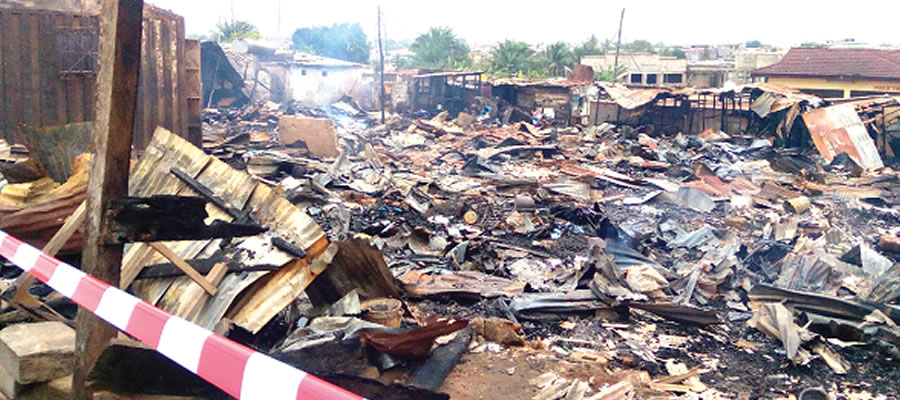

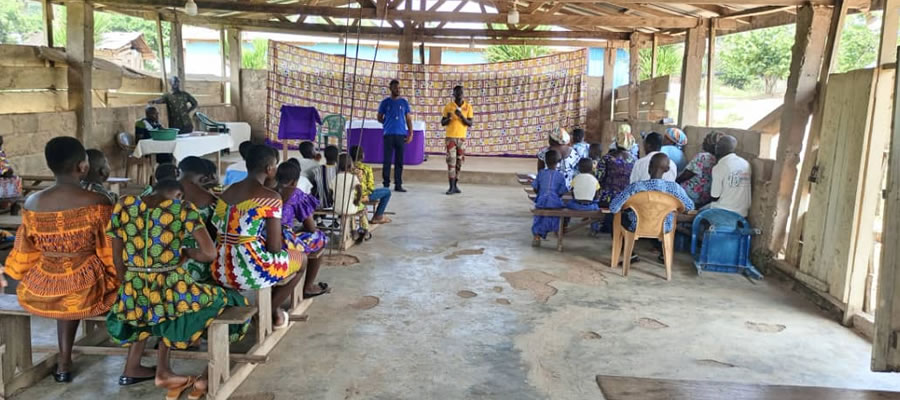
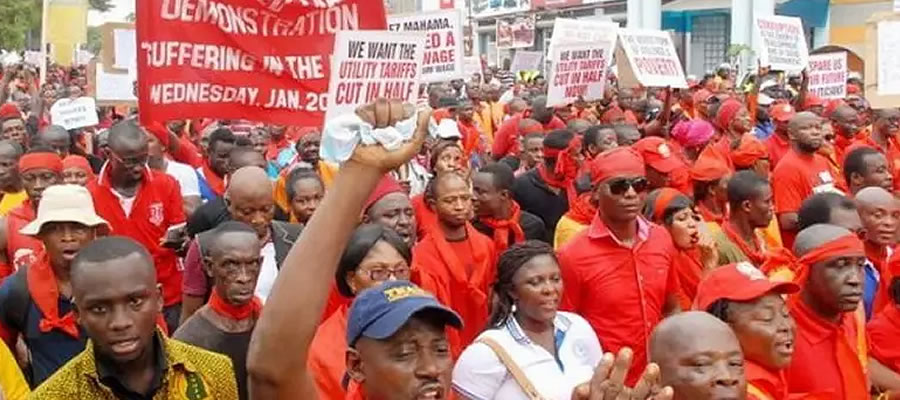
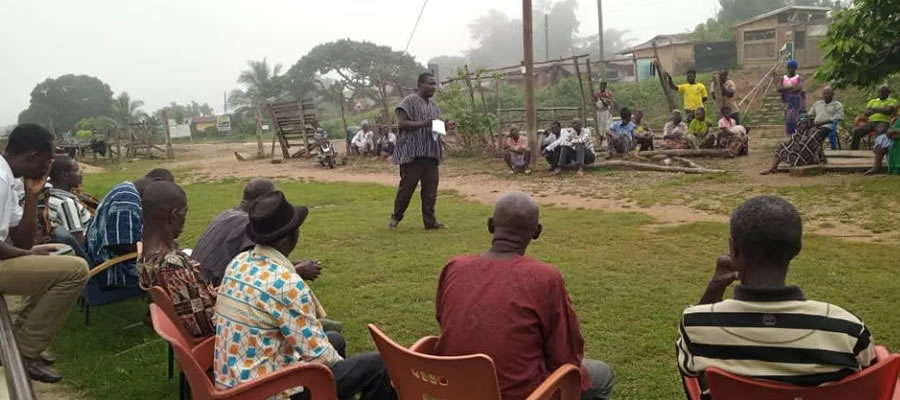


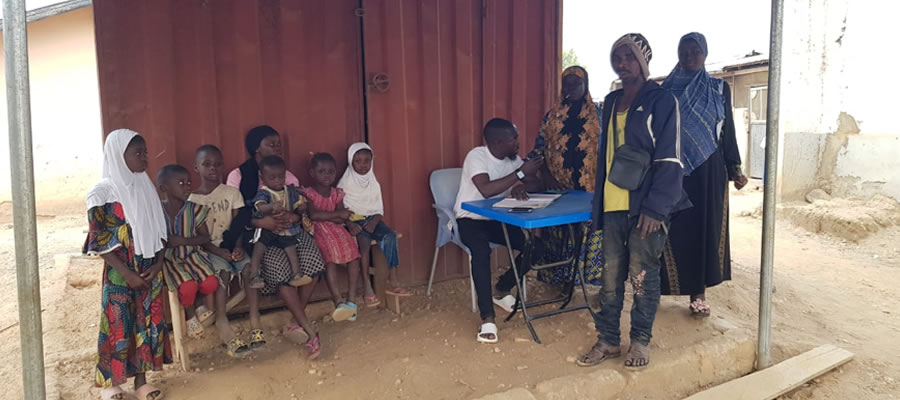
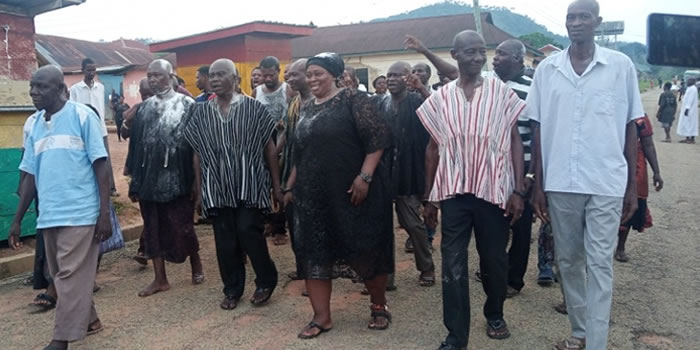
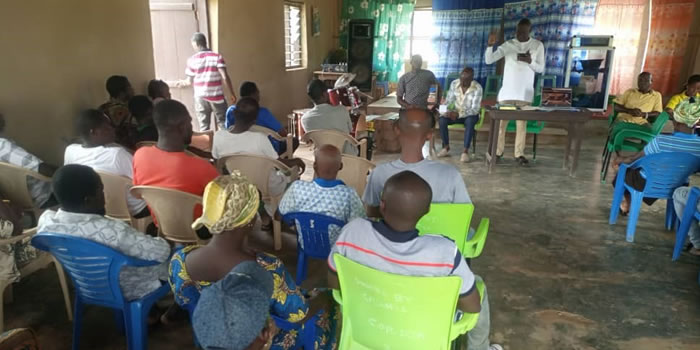
 facebook
facebook
 X
X
 Youtube
Youtube
 instagram
instagram
 +233 593 831 280
+233 593 831 280 0800 430 430
0800 430 430 GPS: GE-231-4383
GPS: GE-231-4383 info@ghanadistricts.com
info@ghanadistricts.com Box GP1044, Accra, Ghana
Box GP1044, Accra, Ghana